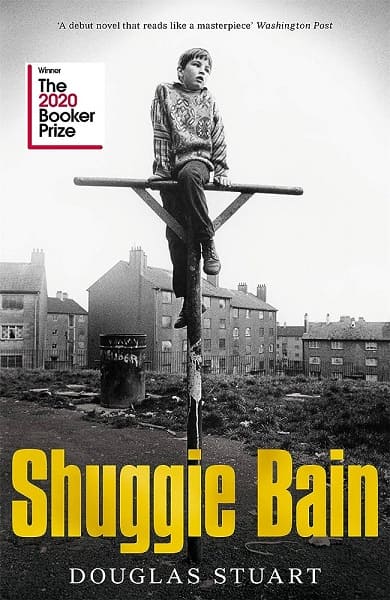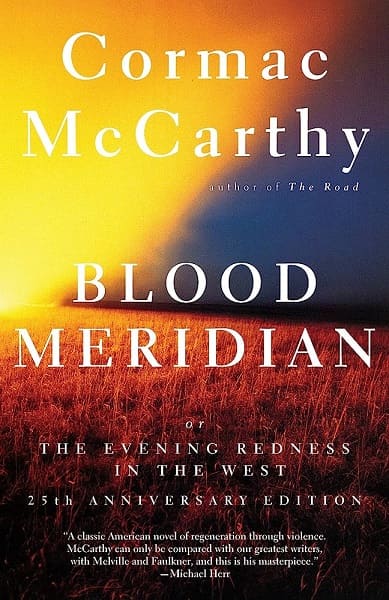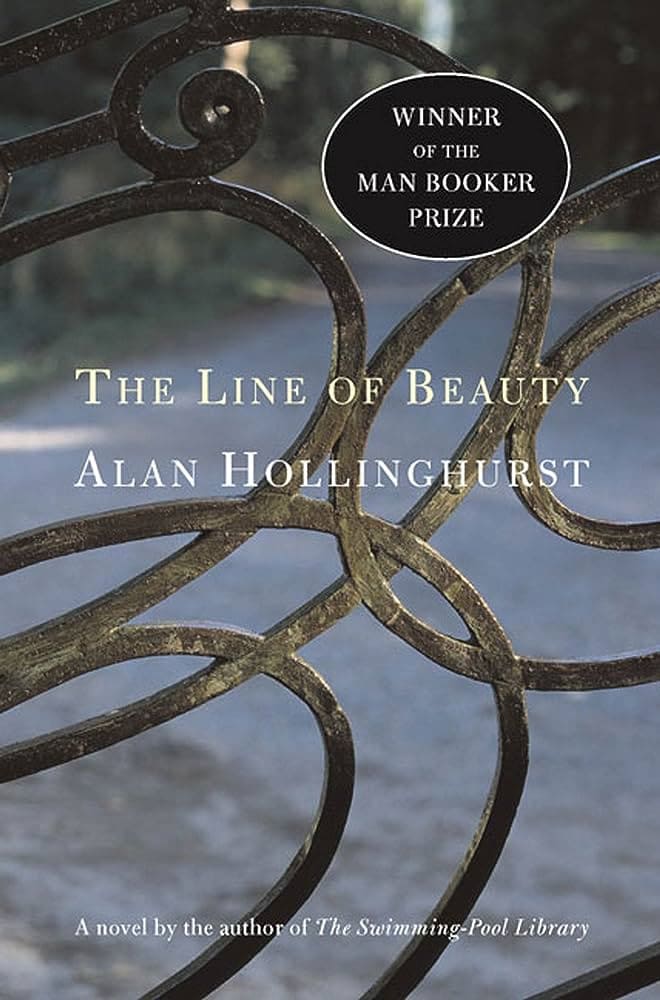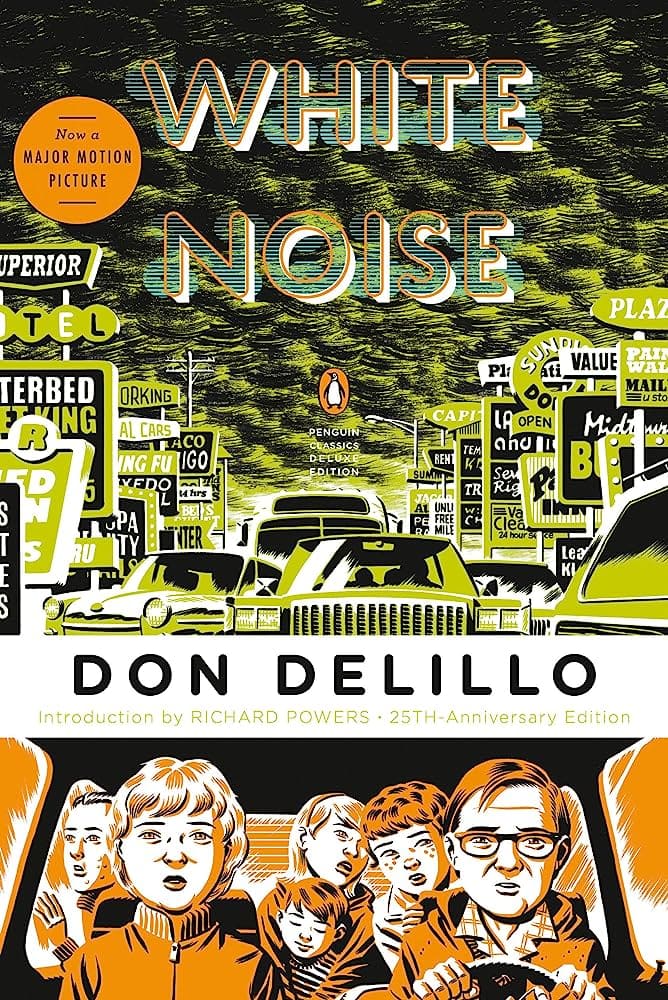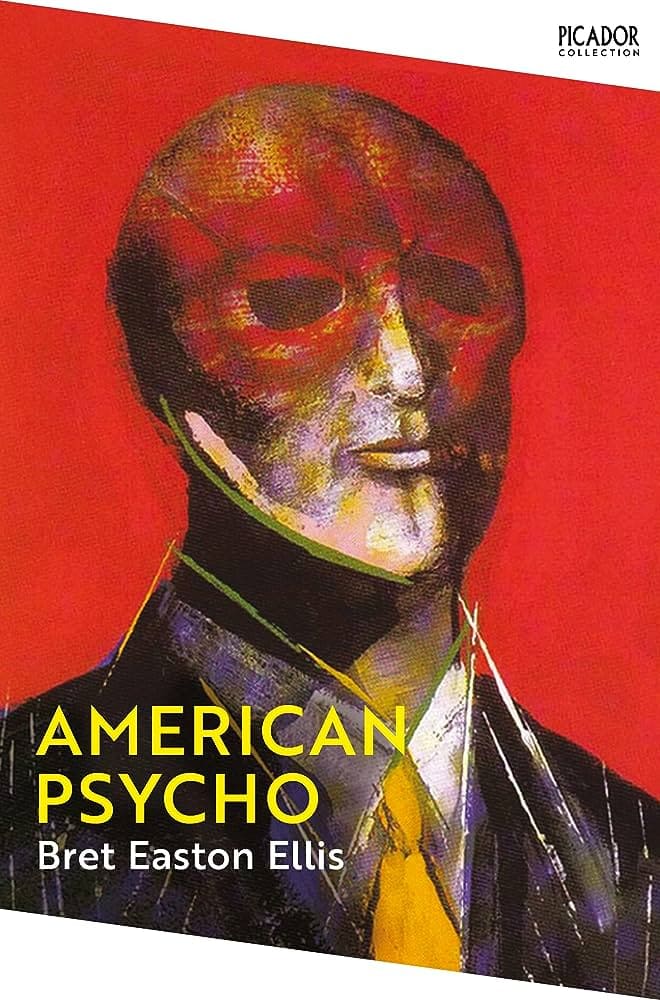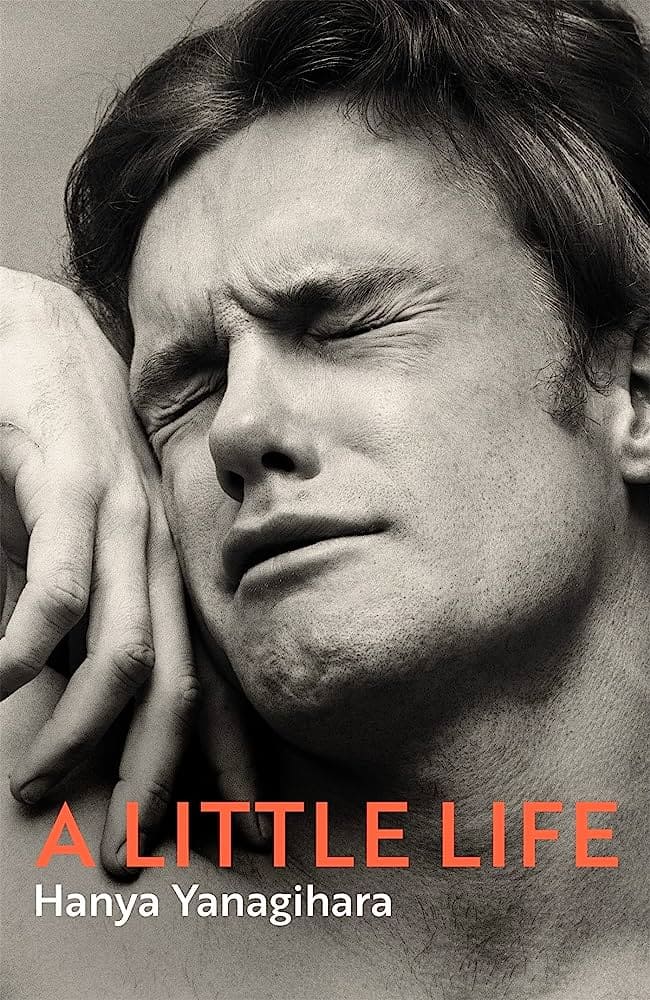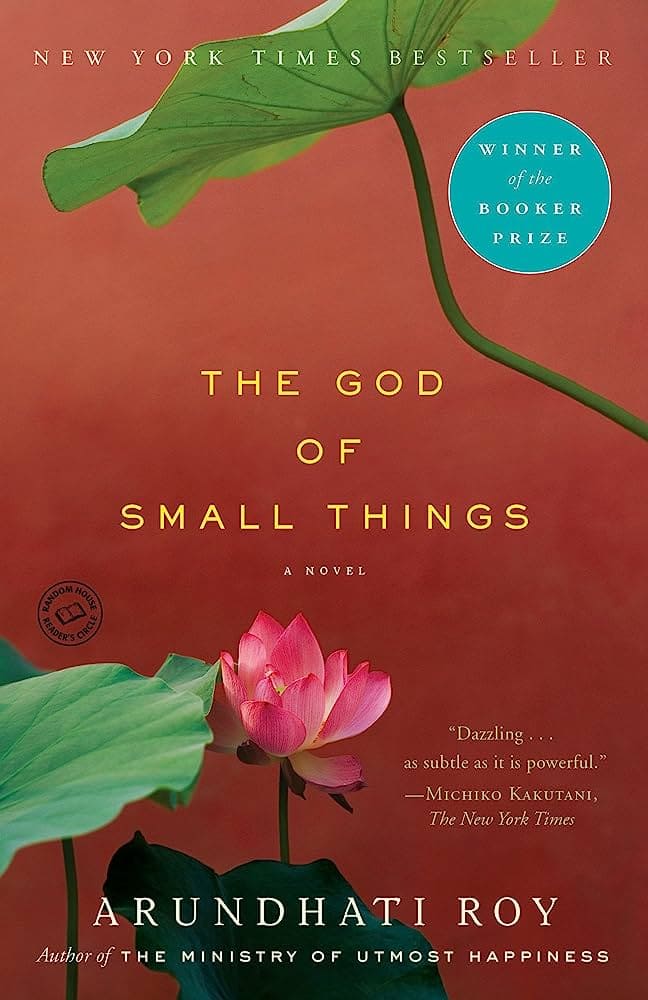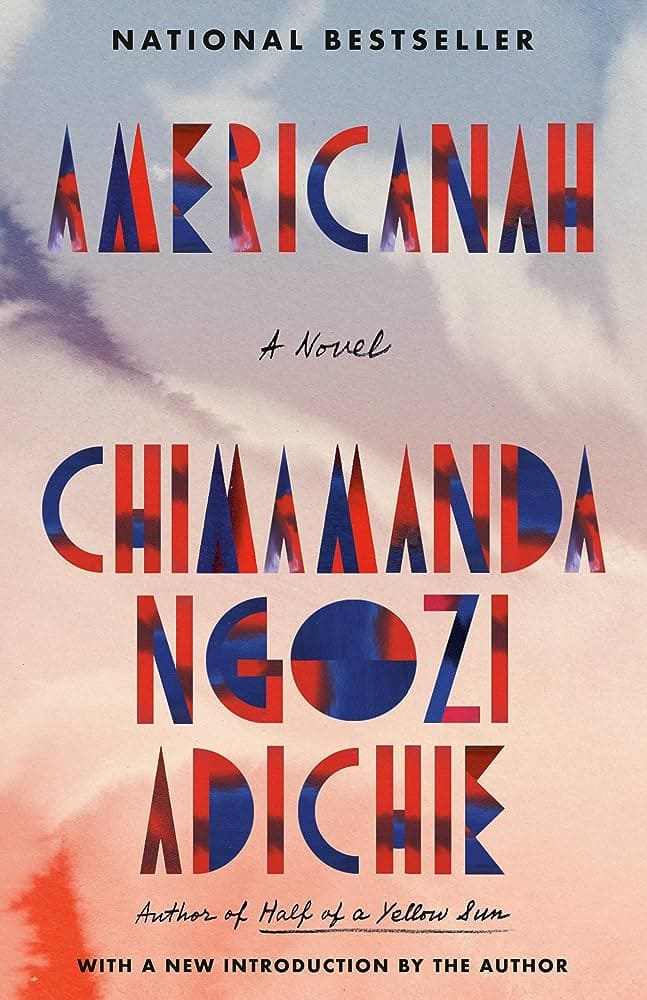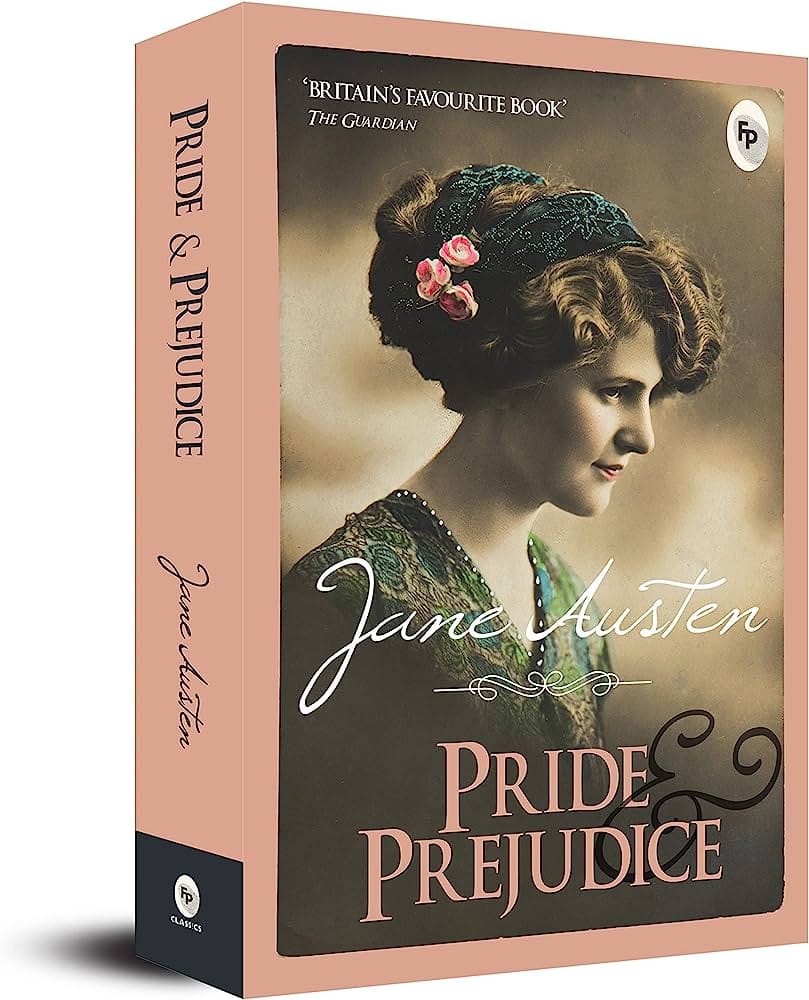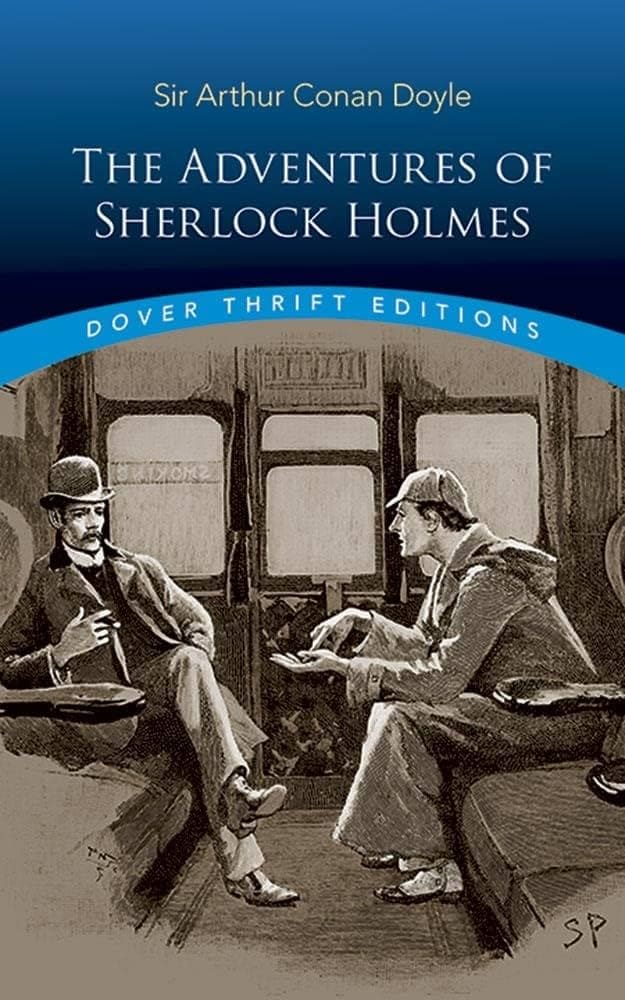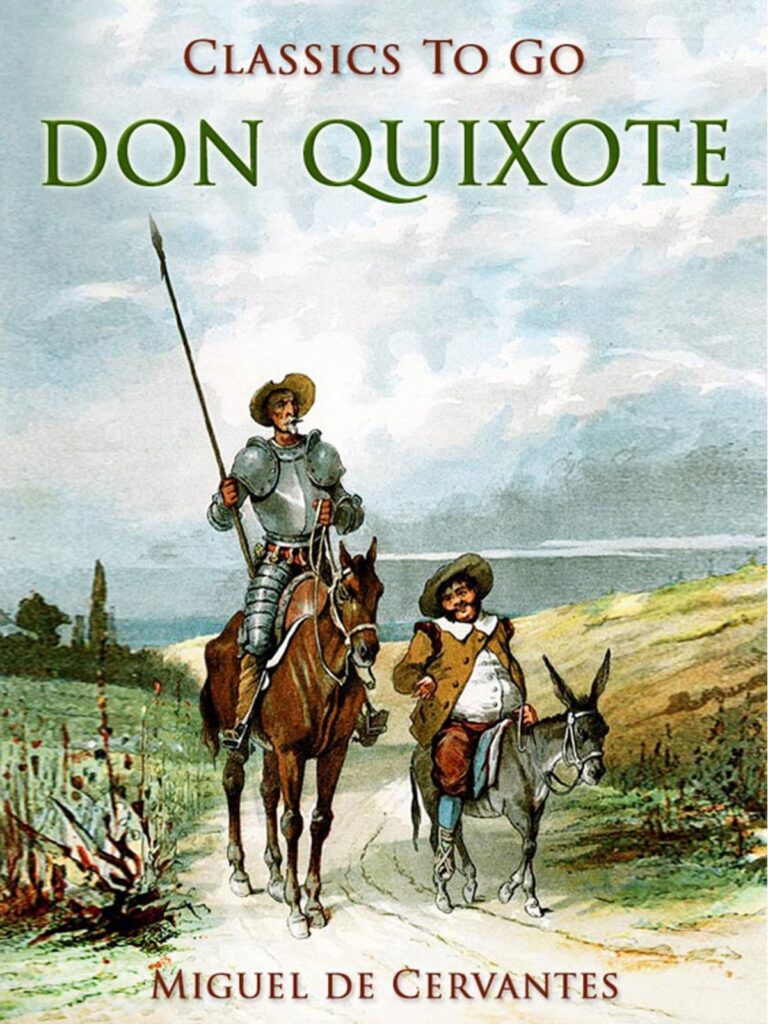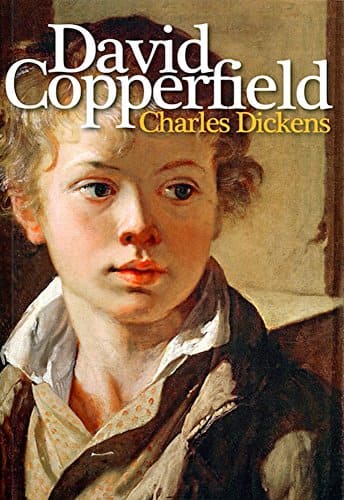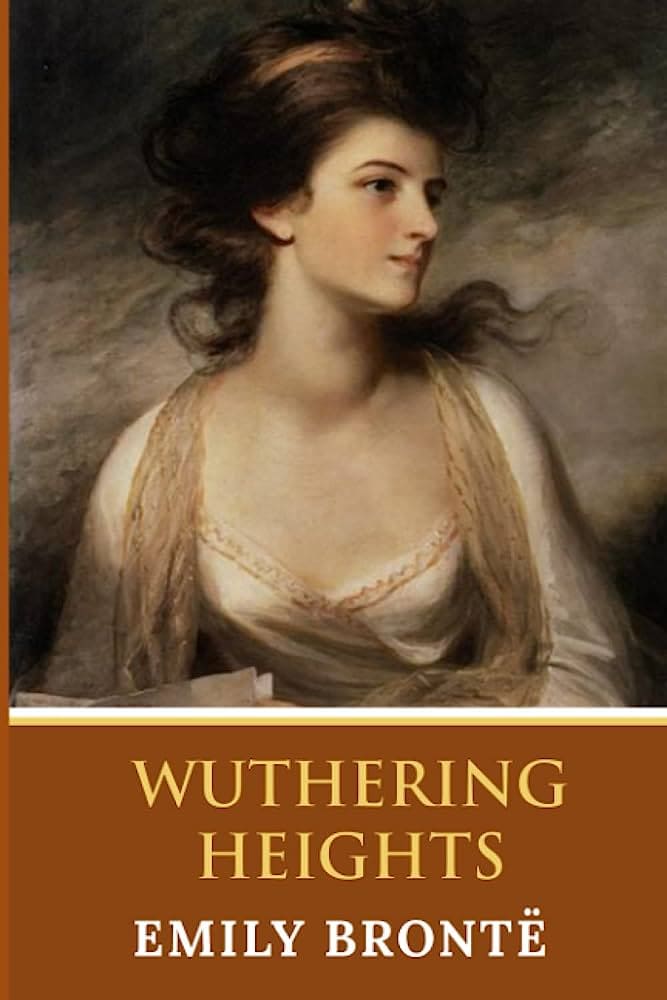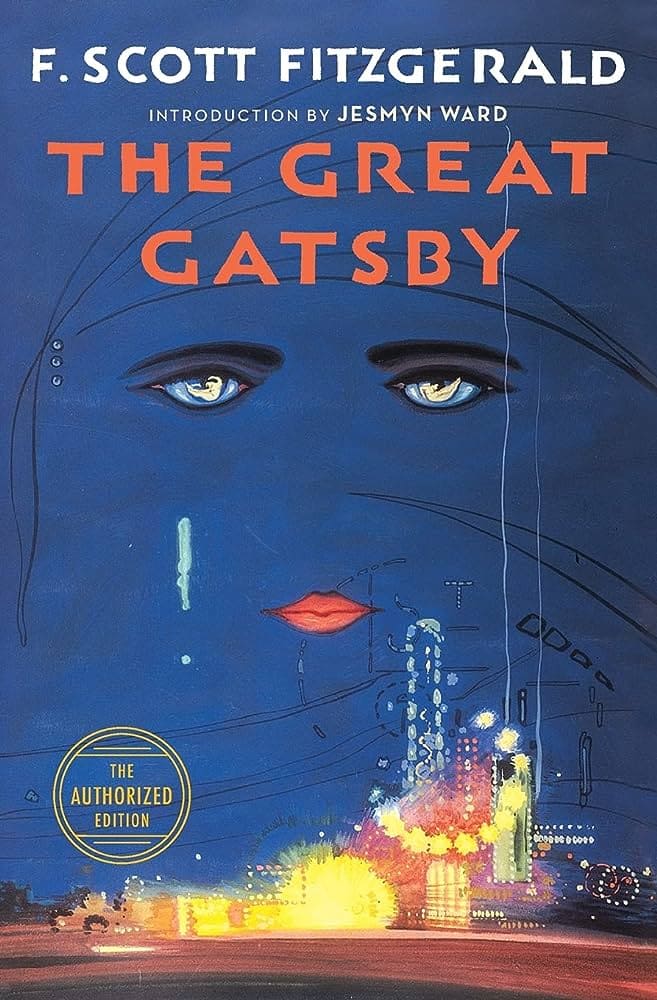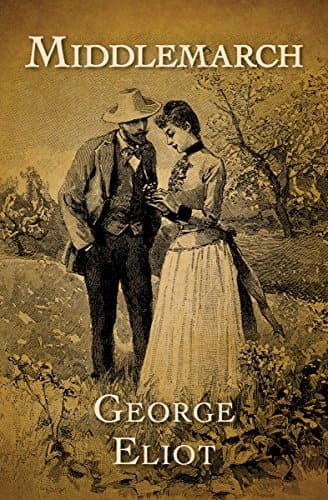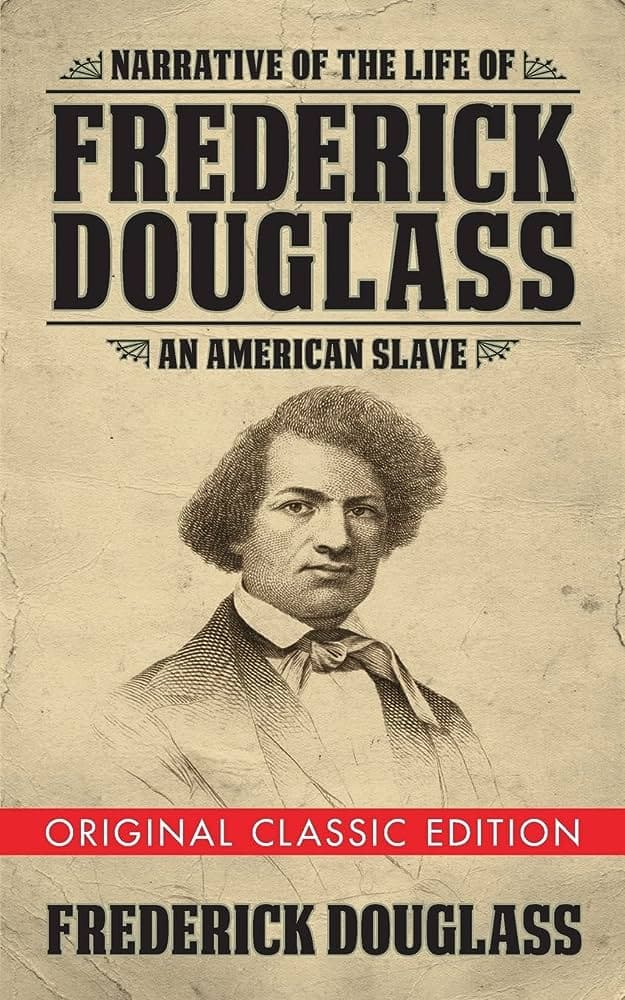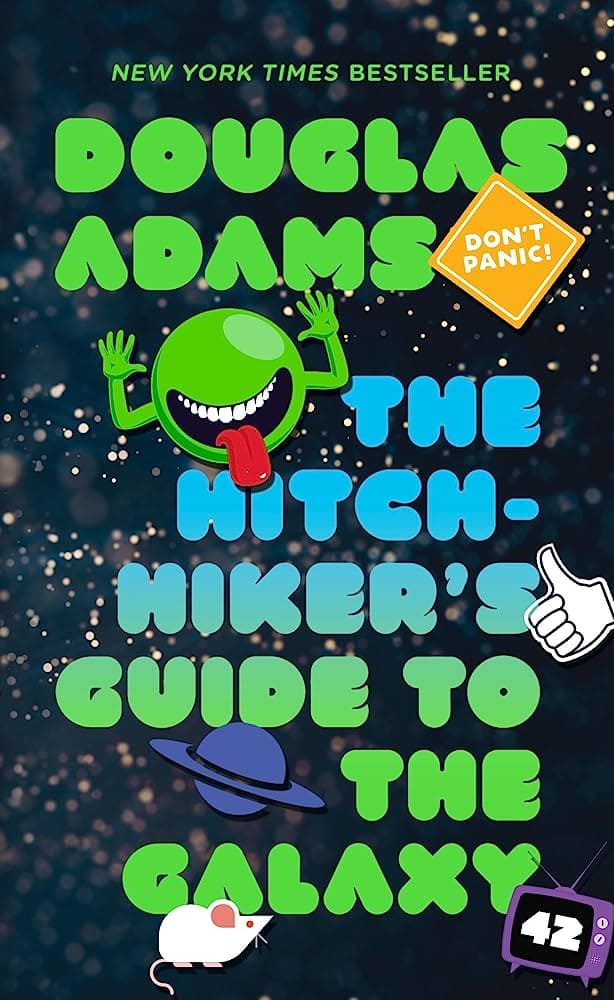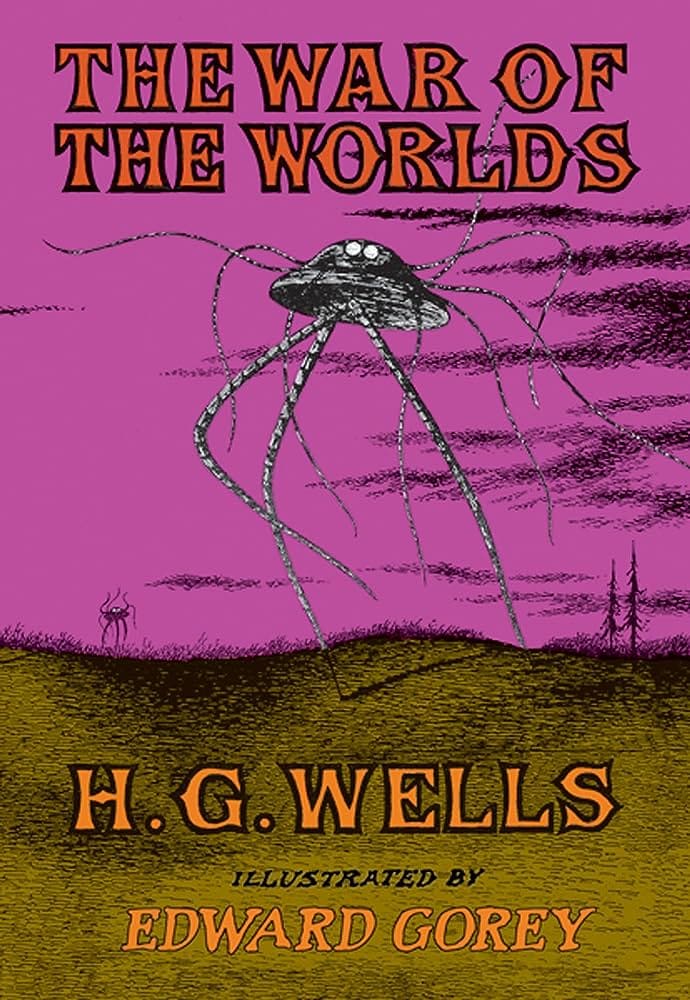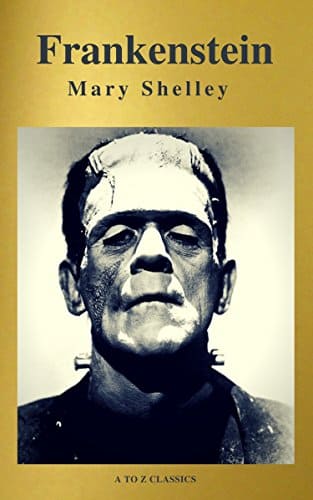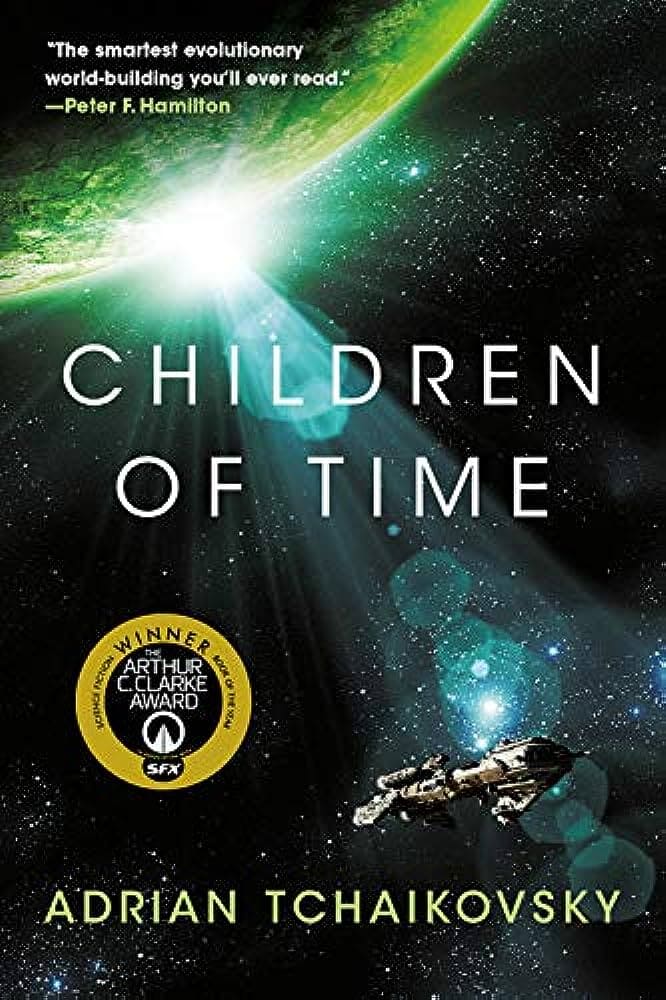Discover the ultimate literary bucket list with our carefully curated selection of top-notch books. Whether they are prize-winners or thought-provoking classics that sparked countless discussions, these are the must-read books that should not be missed.
In a world filled with an abundance of books, finding the time to read them all can be a daunting task. As book lovers, we understand the allure of acquiring a stunning new hardback, but amidst all the choices, which ones are truly essential? Fear not, as we present our comprehensive collection of the finest books spanning various genres and time periods, designed to enrich your reading journey before you bid adieu.
1. “Shuggie Bain” by Douglas Stuart
“Shuggie Bain” by Douglas Stuart is an emotionally powerful and exquisitely written novel that delves deep into the heart of human resilience and love. Set in 1980s Glasgow, the story follows young Shuggie, a sensitive and determined boy, as he navigates a challenging world plagued by poverty and addiction.
Through Stuart’s beautifully crafted prose, the reader is transported to a gritty and vivid world, where characters come to life with raw authenticity. The novel explores the complexities of family dynamics, the struggle for acceptance, and the enduring bond between a mother and her son.
As you immerse yourself in the heartrending journey of Shuggie and his indomitable spirit, you’ll find yourself unable to put this book down. “Shuggie Bain” is a triumph of storytelling, a tale of hope and triumph amidst adversity, and an exploration of the indomitable human spirit. Prepare to be moved, captivated, and deeply touched by this unforgettable literary gem.
2. “Blood Meridian” by Cormac McCarthy
This novel is an unforgettable descent into the horrors of the American West. Following “the kid”, an anonymous teenage runaway, the narrative explores the violent existence of a gang of scalp hunters on the US-Mexico border in the 1850s. McCarthy uses his singularly stark and evocative prose to depict scenes of horrific violence and brutal struggle for survival. Yet, amidst the brutality, he crafts moments of unexpected beauty, drawing the reader into a world that is as compelling as it is repulsive. The most haunting figure is the enigmatic Judge Holden, a man whose philosophical monologues provide a chilling counterpoint to his monstrous deeds. Throughout the narrative, McCarthy grapples with questions of human nature, violence, and the notion of manifest destiny. A challenging read, “Blood Meridian” offers no easy answers, but it is a profoundly affecting meditation on the darkness at the heart of American history.
3. “The Line of Beauty” by Alan Hollinghurst
Set against the backdrop of the “greed is good” 1980s in Britain under Margaret Thatcher, this novel is a profound exploration of class, politics, and sexuality. The story follows Nick Guest, a young and attractive gay man from a modest background, who becomes a lodger in the home of the wealthy and conservative Fedden family. Hollinghurst masterfully captures the glamour, hypocrisy, and prejudice of the era. The prose is lush, full of exquisite descriptions and keen observations about the human condition. As Nick navigates his way through high society and pursues his romantic and erotic desires, Hollinghurst uses his story to explore deeper themes such as the pursuit of beauty, the power of desire, and the stark realities of the AIDS crisis. It’s a layered, emotionally resonant novel that offers a revealing look at a transformative period in British history.
4. “White Noise” by Don DeLillo
This is a prescient novel that deals with the pervasive influence of media, the fear of death, and the absurdity of modern life. The protagonist, Jack Gladney, is a professor of Hitler Studies at a small liberal arts college, living with his wife and their blended family in a quiet American town. When an airborne toxic event occurs, their ordinary lives are thrown into chaos, leading Jack to confront his fear of death. DeLillo’s prose is sharp and frequently humorous, teetering on the edge of absurdity, perfectly capturing the dissonance and surrealism of everyday life in a media-saturated society. While “White Noise” can initially come across as disorienting, DeLillo’s commentary on the modern human condition, fear, and the influence of consumer culture is profound and unsettlingly relatable.
5. “American Psycho” by Bret Easton Ellis
A visceral, shocking novel set in the excess of 1980s Wall Street, this story follows Patrick Bateman – a handsome, successful, and fashionable young man who hides a dark secret: he’s a serial killer. Bateman’s first-person narrative alternates between meticulous descriptions of high-end consumer products and gruesome depictions of his violent fantasies, creating an unsettling effect. Ellis uses this stark contrast to critique the soulless, self-obsessed culture of Wall Street and the broader superficiality of American society. The novel is graphic, explicit, and often horrifying, and its relentless violence can make it a difficult read. Yet, beyond its shock value, “American Psycho” is a deeply satirical and thought-provoking novel that compels readers to question the links between masculinity, capitalism, and violence.
6. “A Little Life” by Hanya Yanagihara
This contemporary novel is an epic tale of friendship, love, and the human capacity for endurance in the face of unimaginable suffering. The story follows the lives of four friends in New York City over several decades, focusing in particular on Jude, a man with a mysterious and traumatic past. Yanagihara’s narrative explores themes of trauma, identity, and the meaning of family. Her vivid, evocative prose draws you deeply into the inner lives of the characters, eliciting intense emotional engagement that makes the book difficult to put down – and equally hard to forget. Be warned, however: “A Little Life” deals with very dark and triggering subjects, and its portrayal of trauma is intensely detailed and unflinching.
7. “The God of Small Things” by Arundhati Roy
This is a beautifully written novel that explores the intricate web of relationships within a family living in Kerala, India. Roy’s narrative, rich in sensual imagery and profound insights, moves fluidly between past and present, building a vibrant, often heartbreaking picture of the characters’ lives. At the heart of the story are fraternal twins Rahel and Estha, whose lives are forever marked by a series of tragic events in their childhood. Through their eyes, Roy explores themes of love and loss, caste and class, and the damage caused by political and social taboos. “The God of Small Things” is a powerful and evocative novel that stays with you long after you’ve finished reading it.
8. “Americanah” by Chimamanda Ngozi Adichie
This is a deeply insightful and engaging novel about love, race, and the immigrant experience. Adichie’s protagonist, Ifemelu, leaves her native Nigeria for the United States, where she navigates issues of race and identity that she had never had to consider back home. Meanwhile, her high school love, Obinze, has his own experiences in Britain as an undocumented immigrant. Adichie’s writing is sharp and perceptive, illuminating the complexities of racism, belonging, and the search for self. “Americanah” is a captivating, thought-provoking novel that offers a fresh perspective on race and immigration.
9. “Pride and Prejudice” by Jane Austen
This classic novel remains one of the most beloved works in English literature for its wit, social critique, and exploration of love and marriage. The story follows Elizabeth Bennet, a lively and intelligent young woman, and her complex relationship with the proud, wealthy Mr. Darcy. Austen’s incisive commentary on class and gender is as relevant today as it was in the early 19th century, and her characters are vividly drawn, with a depth that makes them feel remarkably real. “Pride and Prejudice” is a delightful blend of humor and romance, offering a timeless exploration of human nature and societal conventions.
10. “The Adventures of Sherlock Holmes” by Arthur Conan Doyle
This is a collection of twelve detective stories featuring Doyle’s legendary detective, Sherlock Holmes. Each story is a self-contained mystery, showcasing Holmes’s extraordinary powers of observation and deduction. Doyle’s narrative is brisk and engaging, filled with intriguing cases and the fascinating interplay between Holmes and his loyal friend, Dr. John Watson. These stories have stood the test of time, offering a masterclass in detective fiction and introducing one of literature’s most iconic characters. Whether you’re a fan of mystery or not, “The Adventures of Sherlock Holmes” provides an endlessly entertaining journey into the heart of Victorian London.
11. “Don Quixote” by Miguel de Cervantes
This classic Spanish novel is widely regarded as one of the greatest works of fiction ever written. It’s a brilliantly satirical exploration of chivalric romance and the nature of reality. The story follows the eccentric Don Quixote, a man who, after reading too many romantic tales, becomes convinced that he is a knight destined for great deeds. The novel is filled with absurdly comedic moments as Quixote, accompanied by his loyal squire Sancho Panza, blunders through adventures, seeing the world not as it is but as he imagines it to be. Beneath the humor, however, are profound reflections on truth, illusion, and the human condition.
12. “David Copperfield” by Charles Dickens
This semi-autobiographical novel is one of Dickens’ most personal works. Following the life of David Copperfield from childhood through to maturity, the story grapples with themes of perseverance, personal growth, and the social conditions of 19th-century England. Dickens’ skill for memorable characterization is on full display, with a cast of characters that are both eccentric and deeply human. The book offers an engaging and often moving exploration of life’s struggles and the power of resilience.
13. “Wuthering Heights” by Emily Bronte
A classic piece of English literature, this novel tells a powerful tale of love, revenge, and the destructive power of obsession. The narrative centers around the passionate but doomed love between Catherine Earnshaw and Heathcliff, an orphan brought into her family. The raw emotional intensity of the characters, combined with the bleak, windswept moorland setting, creates a hauntingly unforgettable reading experience. Bronte’s exploration of class, gender, and the destructive potential of passion make this a deep, complex, and highly atmospheric novel.
14. “The Great Gatsby” by F. Scott Fitzgerald
This iconic American novel provides a poignant critique of the American Dream through the tragic story of Jay Gatsby, a man whose relentless pursuit of wealth and love ultimately leads to his downfall. Fitzgerald’s evocative prose and sharp social commentary create a vivid portrait of the Jazz Age, complete with its glamour, excess, and underlying disillusionment. The narrative is filled with symbol and allegory, resulting in a book that is as beautiful as it is tragic.
15. “Middlemarch” by George Eliot
Often hailed as one of the finest novels in the English language, “Middlemarch” is a deeply insightful exploration of life in a small English town during the early 19th century. Through a diverse cast of characters, Eliot weaves a rich tapestry of human experience, exploring themes such as love, ambition, religion, and the individual’s place within society. Her observations on human nature are as relevant today as they were when the novel was first published.
16. “Narrative of the Life of Frederick Douglass” by Frederick Douglass
This autobiography offers a firsthand account of the horrors of American slavery and a powerful argument for abolition. Douglass’s narrative is both a personal story of his life as a slave and a freedom fighter, and a broader critique of the institution of slavery. His keen observations and eloquent prose make this a deeply moving and historically significant read.
17. “The Hitchhiker’s Guide to the Galaxy” by Douglas Adams
This wildly inventive science fiction novel follows the hapless Earthman Arthur Dent on a galactic adventure after the Earth is destroyed to make way for a hyperspace bypass. Adams’ book is a delightful mix of satire, philosophy, and humorous commentary on the human condition, all wrapped up in a wacky space adventure. It’s a unique, hugely entertaining read that has become a classic of the genre.
18. “War of the Worlds” by H. G. Wells
This is one of the earliest and most influential science fiction novels, depicting a Martian invasion of Earth. Wells’ narrative combines thrilling action with social commentary, exploring themes of imperialism, evolution, and the human instinct for survival. Its depiction of a world suddenly thrown into chaos by an alien force makes for a suspenseful, thought-provoking read.
19. “Frankenstein” by Mary Shelley
This classic novel is a powerful exploration of scientific ambition, isolation, and the consequences of playing god. Told through layered narratives, the story follows Victor Frankenstein, a scientist who creates a sentient creature in an unorthodox scientific experiment, only to recoil in horror from his creation. Shelley’s exploration of themes such as creation, responsibility, and the nature of humanity make this a deep and complex novel, one that laid the foundations for the science fiction genre.
20. “Children of Time” by Adrian Tchaikovsky
This award-winning novel is an ambitious and imaginative work of science fiction. The narrative alternates between the last survivors of humanity, traveling to a terraformed world, and the evolution of an intelligent spider species on that planet. Tchaikovsky’s world-building is remarkable, and he explores complex themes such as evolution, godhood, and the nature of intelligence. It’s a gripping, thought-provoking read that takes the genre in fascinating new directions.
